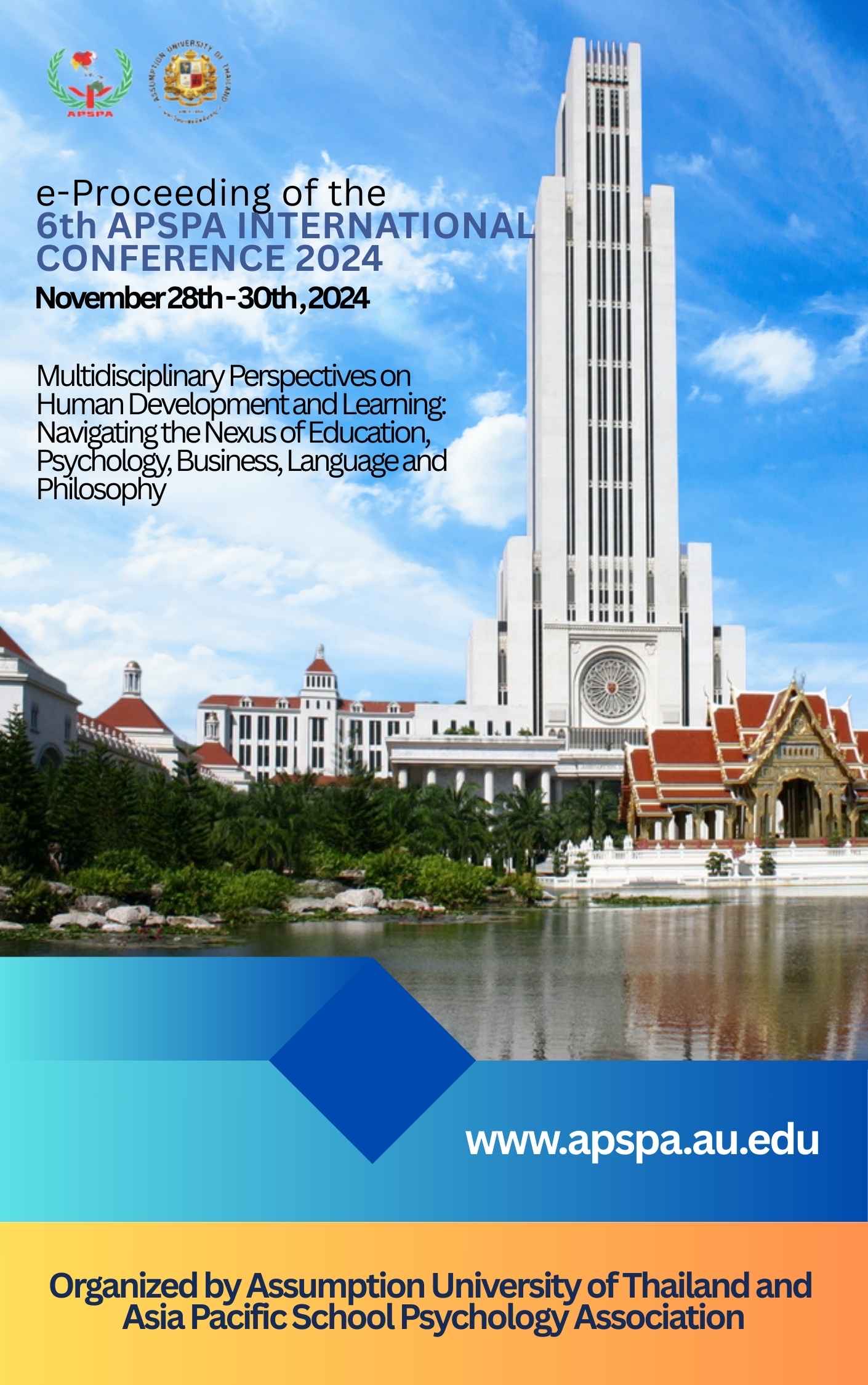The effectiveness of self-compassion intervention on Vietnamese migrants’ resilience and mental well-being
Keywords:
resilience, mental well-being, self-compassion intervention, internal migrants.Abstract
This study investigates the effectiveness of a self-compassion intervention in enhancing resilience and mental well-being among internal migrant women in Vietnam. Internal migrants often face unique stressors, including socio-economic challenges and limited access to mental health services, which can heighten their vulnerability to psychological distress. A mixed-method approach was employed to assess both the quantitative and qualitative impacts of the intervention. A total of 85 participants were recruited, with 43 participants receiving a 3-week self-compassion training and the control group receiving no intervention. Pre- and post-intervention assessments of resilience, self-compassion, and mental well-being were conducted using standardized measures such as the Self-Compassion Scale (SCS), Connor-Davidson Resilience Scale (CD-RISC), and the Warwick-Edinburgh Mental Well-being Scale (WEMWBS). The study results indicated a significant improvement in resilience, mental well-being and even self-compassion among the intervention group compared to the control group (p = 0.00 < 0.05). Qualitative interviews further revealed personal experiences of increased mindfulness, emotional regulation, enhanced coping skills, and improved social support networks. These findings suggest that self-compassion intervention is an effective tool for promoting mental health, resilience, and self-compassion among marginalized populations, particularly internal migrant women. Future studies are recommended to explore the long-term effects and scalability of such interventions across broader settings.
Downloads
Published
License
Copyright (c) 2025 6th APSPA International Conference 2024 on ‘Multidisciplinary Perspectives on Human Development and Learning: Navigating the Nexus of Education, Psychology, Business, Language and Philosophy

This work is licensed under a Creative Commons Attribution-NonCommercial-NoDerivatives 4.0 International License.

